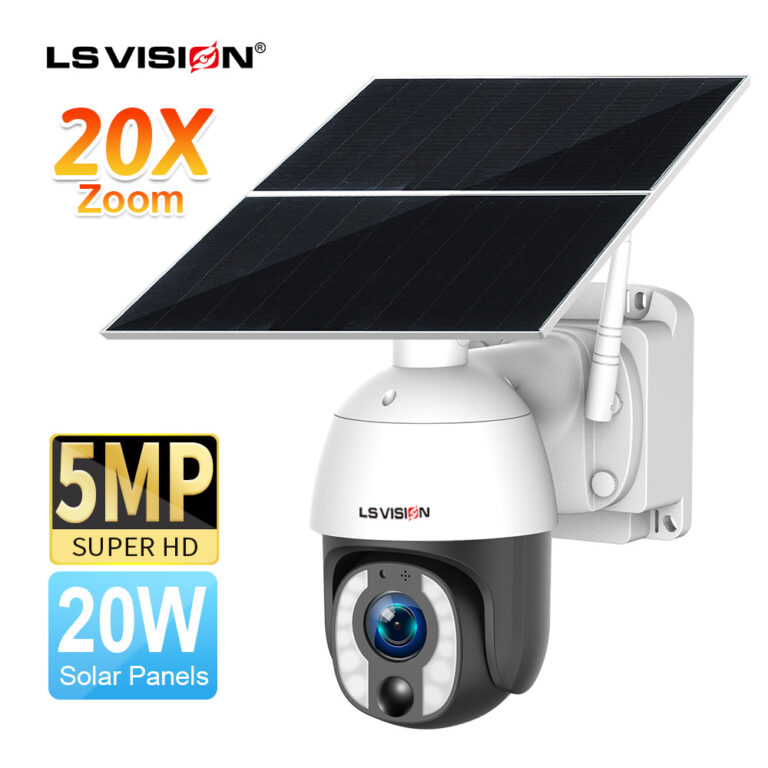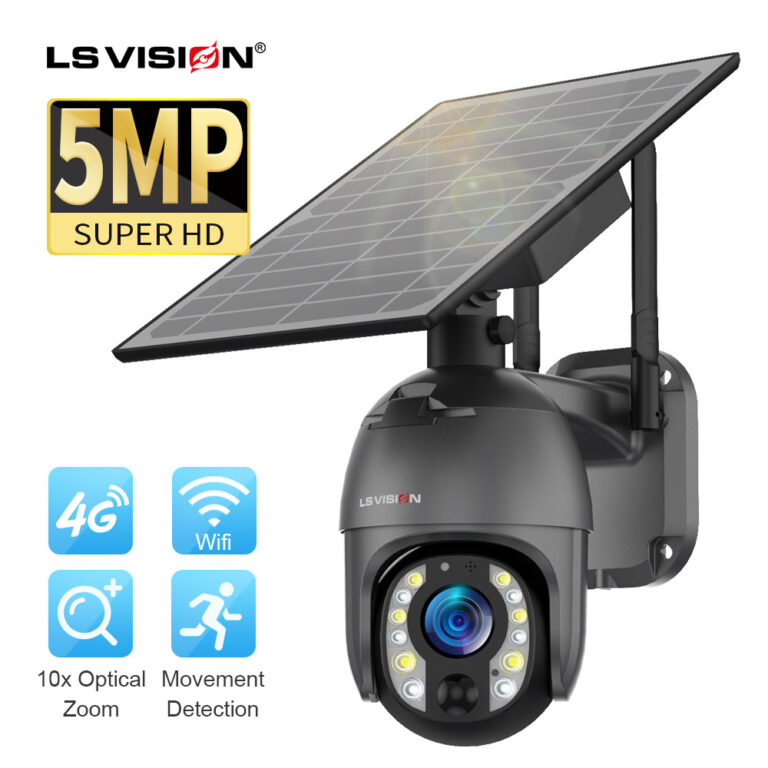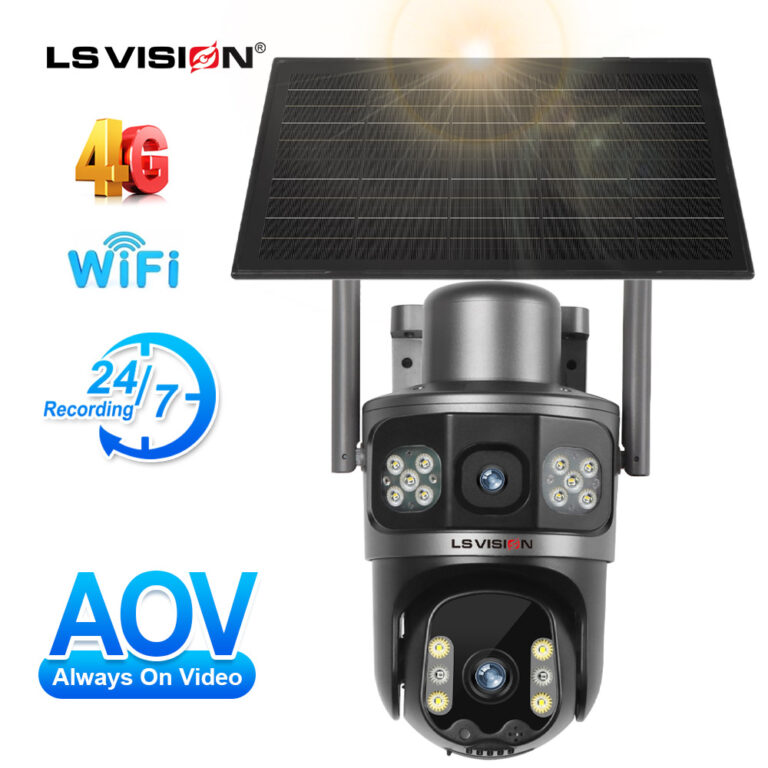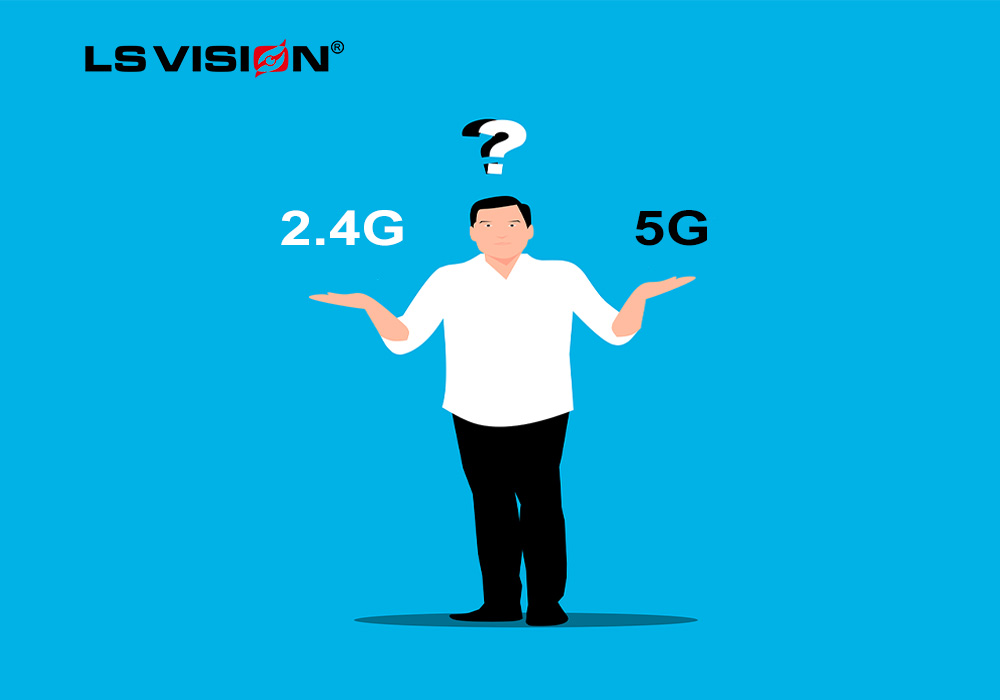4g solar CCTV camera vs Solar WiFi Cameras - Which is Better for Your Security?
When it comes to securing your home or looking for the opportunity to cover the missing solutions in your market, choosing a Trend product: 4G solar CCTV camera can make all the difference. Nowadays, there are so many options available in the market, that it is hard to decide which one will be a good and correct choice. Two popular types of CCTV security cameras
4g solar CCTV camera or Solar WiFi Camera? In this page, we’ll explore the differences between 4G solar CCTV camera and Wi-Fi cameras to help you determine which one is better. So, whether you’re looking to upgrade your existing security system or are looking for the opportunity to cover the missing solutions into your market and to support our customers in these special projects.

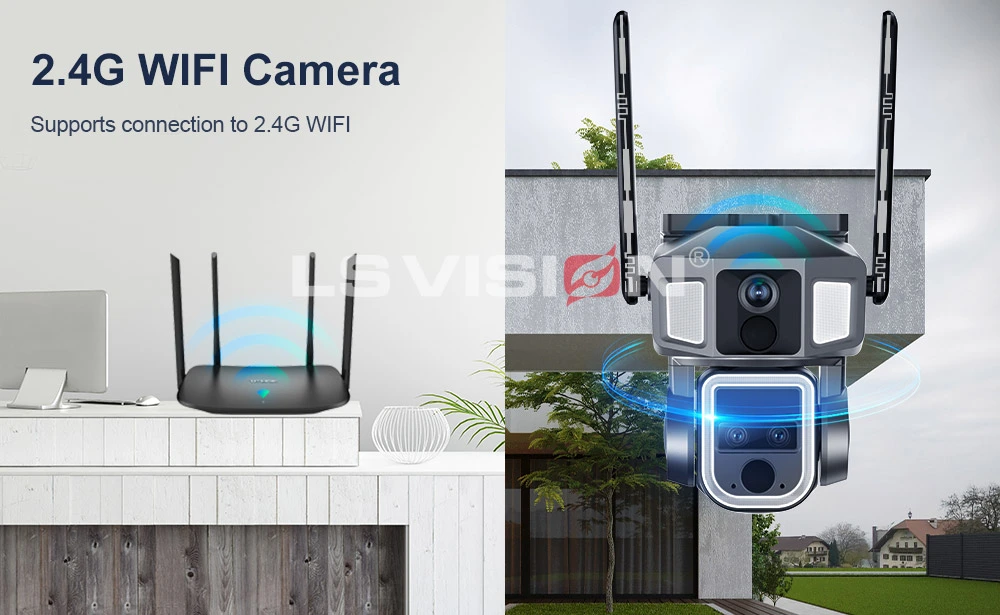
What are 4G solar CCTV cameras?
4G solar CCTV camera that uses a cellular network to transmit data. These cameras have a built-in SIM card and connect to the internet through a cellular network. It can match all your country’s 4G frequency brands no matter where you are coming from, especially in a place no wifi no electric or hard-to-have wifi or electric. 4G solar CCTV cameras are ideal for some remote locations that do not have any internet connection or locations where hard or difficult to have wifi or cabled internet. They can be placed anywhere as long as there is a cellular signal. This makes them ideal for outdoor surveillance, construction sites, and remote locations. 4G cameras are also easy to install and can be up and running in no time.
What are solar wifi cameras?
Solar Wi-Fi cameras are wireless cameras that connect to the internet through a Wi-Fi network. These cameras require a Wi-Fi network to function and are ideal for indoor surveillance.
One of the main advantages of Wi-Fi cameras is do not require a cellular data plan to spend the cost. Wi-Fi cameras also offer a higher video quality than 4G cameras, as they are not limited by the speed of the cellular network.
However, one of the downsides of Wi-Fi cameras is that they require a stable and strong Wi-Fi connection to function properly. If the Wi-Fi signal is weak or unreliable, the camera may experience connectivity issues. Additionally, Wi-Fi cameras may be much more suitable for some places that are fully covered with wifi signals.
Differences between solar 4G and Wi-Fi cameras
The main difference between solar 4G and Wi-Fi cameras is the way they connect to the internet. 4G cameras use a cellular network to transmit data, while Wi-Fi cameras use a Wi-Fi network. This fundamental difference affects the performance, cost, and use cases of the two types of cameras.
Advantages and disadvantages of 4G solar CCTV cameras
4G solar CCTV cameras offer several advantages and disadvantages that should be considered before making a purchase decision. One of the biggest advantages of 4G cameras is their flexibility. They can be placed anywhere as long as there is a cellular signal, making them ideal for outdoor surveillance and remote locations. 4G cameras are also easy to install and can be up and running in no time.
However, one of the downsides of 4G cameras is that they require a cellular data plan to function. You need to check whether all your country’s 4G frequency brands will be okay or not, at the same time we need to consider the cost of it.
Advantages and disadvantages of solar Wi-Fi cameras
At the same time, we should know the advantages and disadvantages before making a purchasing decision. One of the main advantages of Wi-Fi cameras is their high-quality video and audio. They do not require a cellular data plan to function, which can make them more cost-effective than 4G cameras in the long run. Wi-Fi cameras are also easy to install and everyone can install them even if you are a personal. However, one of the downsides of Wi-Fi cameras is that they require a stable Wi-Fi connection to function properly. If the Wi-Fi signal is weak or unreliable, the camera may experience connectivity issues.
Factors to consider when choosing between 4G and Wi-Fi security cameras
When choosing between 4G and Wi-Fi security cameras, there are several factors to consider.
- The first will be where to install the cameras. If the camera will be placed in a remote location or an area with poor Wi-Fi coverage, a 4G camera may be the best choice. Wi-fi cameras too very suitable in some places with stable and strong wifi signals.
- The second factor to consider is the video quality. If high-quality video is a priority, a Wi-Fi camera may be the best choice.
- The third factor to consider is cost. 4G cameras require a cellular data plan to function, which can add cost to your security system. Wi-Fi cameras don’t require a cellular data plan to operate, which can make them more cost-effective over the long term.
- The fourth factor is that 4G solar CCTV cameras are easy to install and can be up and running immediately after installation. Wi-Fi cameras are also easy to install and only take a few minutes to set up. However, if the camera is placed in a remote location, a 4G camera may be easier to install because it does not require a Wi-Fi network to operate.

Let’s make a Comparison of costs between 4G and Wi-Fi security cameras. The cost of 4G and Wi-Fi security cameras varies depending on the brand, model, and features. 4G cameras require a cellular data plan to function, which can add cost to your security system. The cost of a cellular data plan varies depending on the data usage and the cellular provider. Wi-Fi cameras do not require a cellular data plan to function, which can make them more cost-effective in the long run.
However, Wi-Fi cameras may require a Wi-Fi network extender if the Wi-Fi signal is weak or unreliable. This can add cost to your security system.
Sonuç
When it comes to choosing between solar 4G or Wi-Fi CCTV cameras, there are several factors to consider. Both types of cameras have their advantages and disadvantages, and choosing between the two can be a tough decision. However, by considering the location, video quality, cost, and installation process, you can determine which camera is better for your specific security needs.

